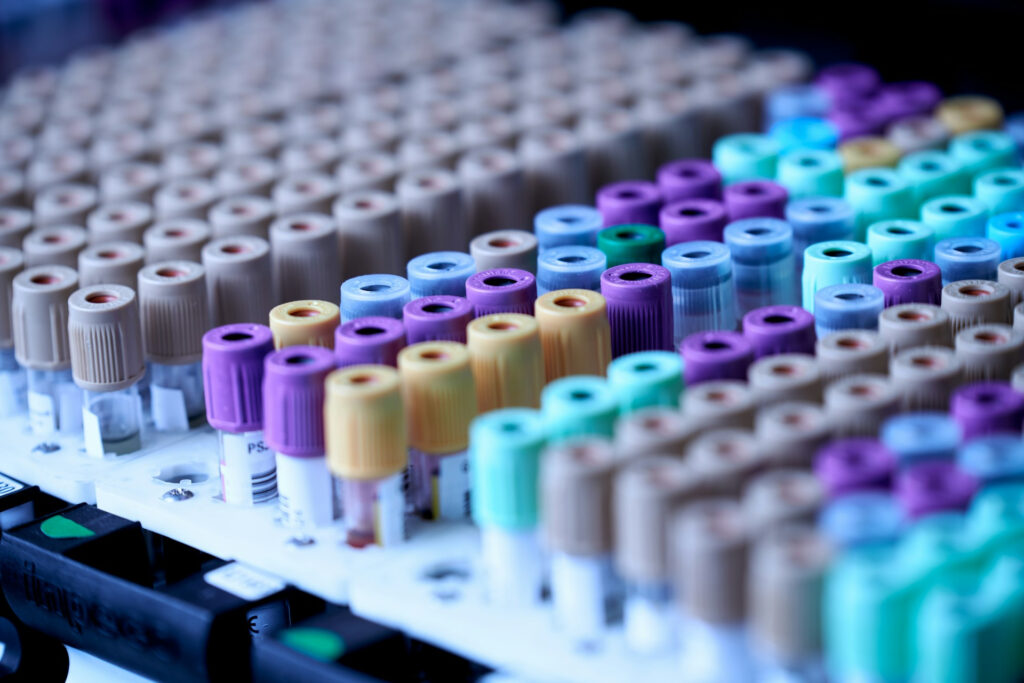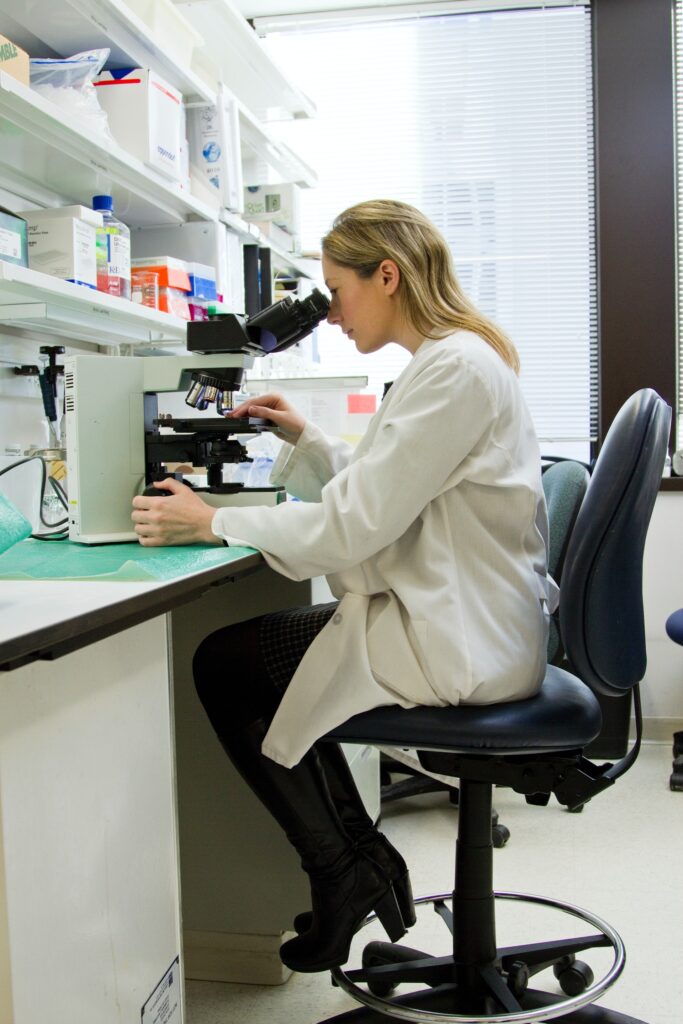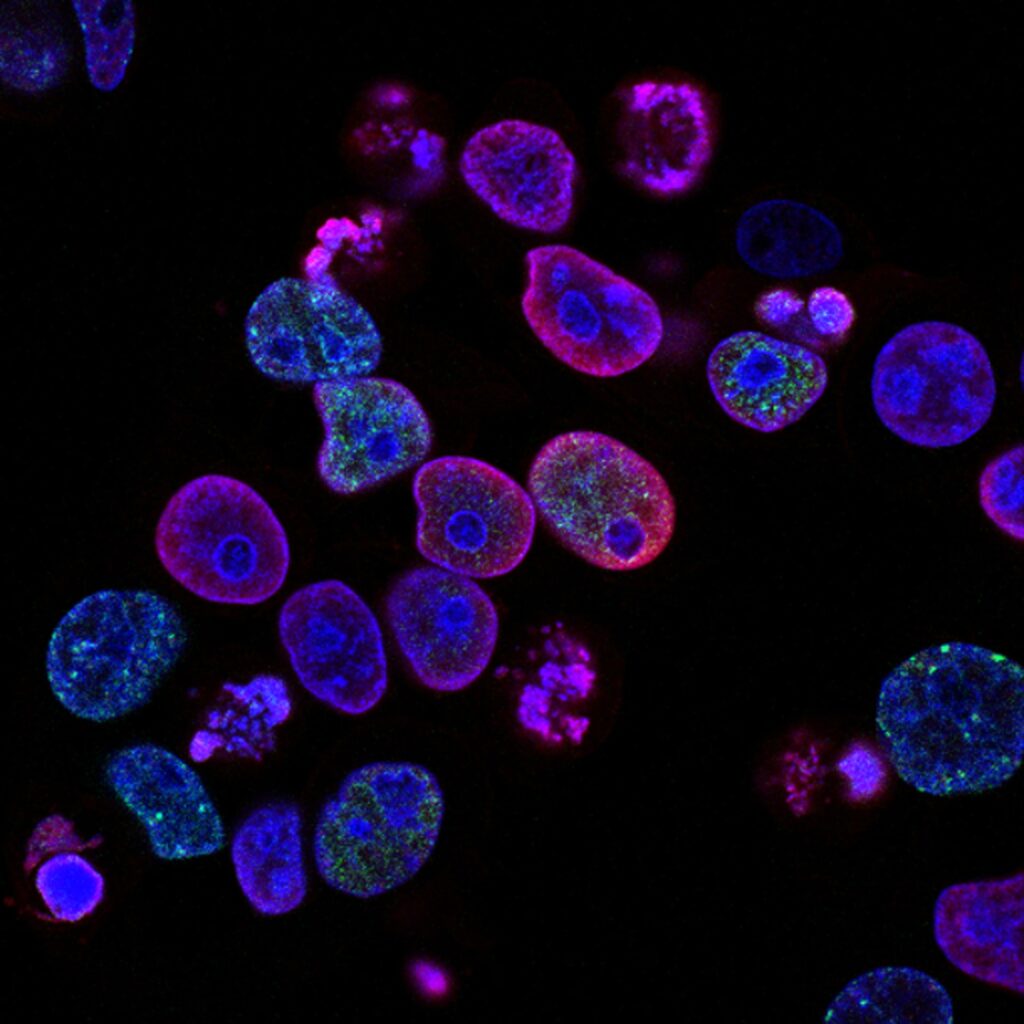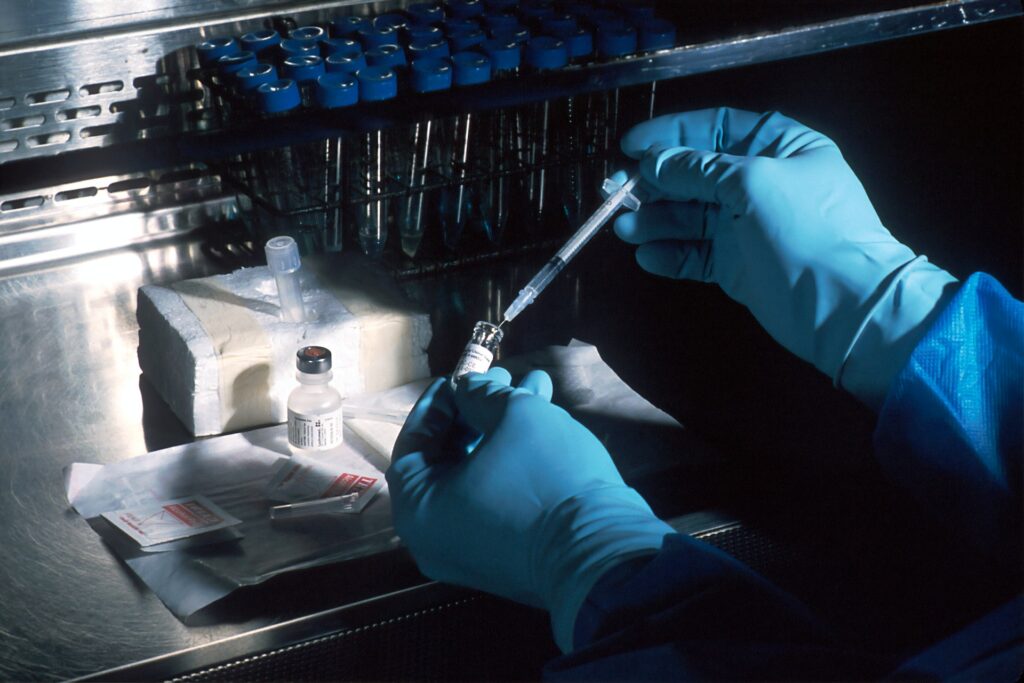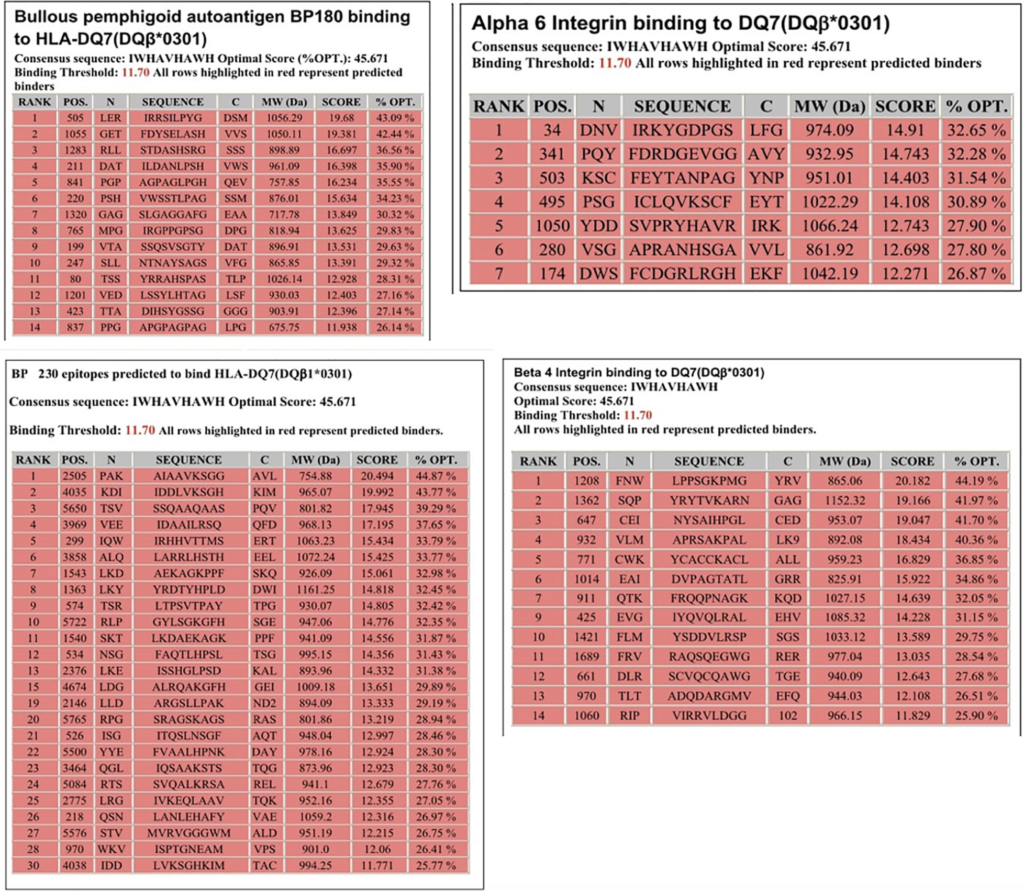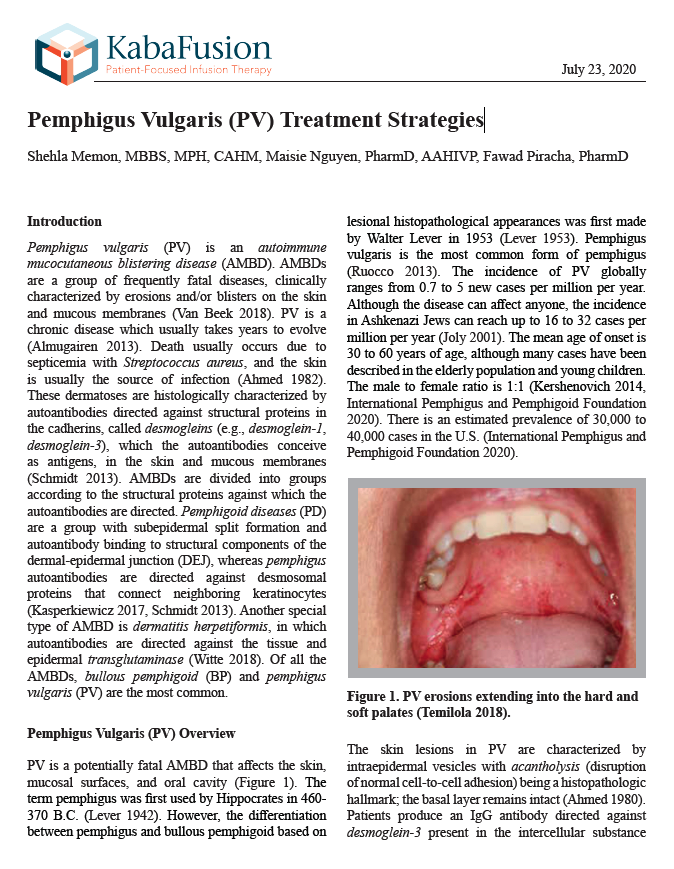Groundbreaking Study Demonstrates 20-Year Remission in Pemphigus Vulgaris Patients Using IVIg Therapy
Research published in the prestigious Proceedings of the National Academy of Sciences of the United States of America (PNAS) offers hope for long-term remission in patients with pemphigus vulgaris (PV), a potentially fatal autoimmune blistering disease. Researchers from Tufts University School of Medicine (Boston, MA) and Sorbonne Université (Paris, France) have demonstrated a remarkable 20-year clinical and serological remission in patients using a defined protocol of intravenous immunoglobulin (IVIg) therapy.
